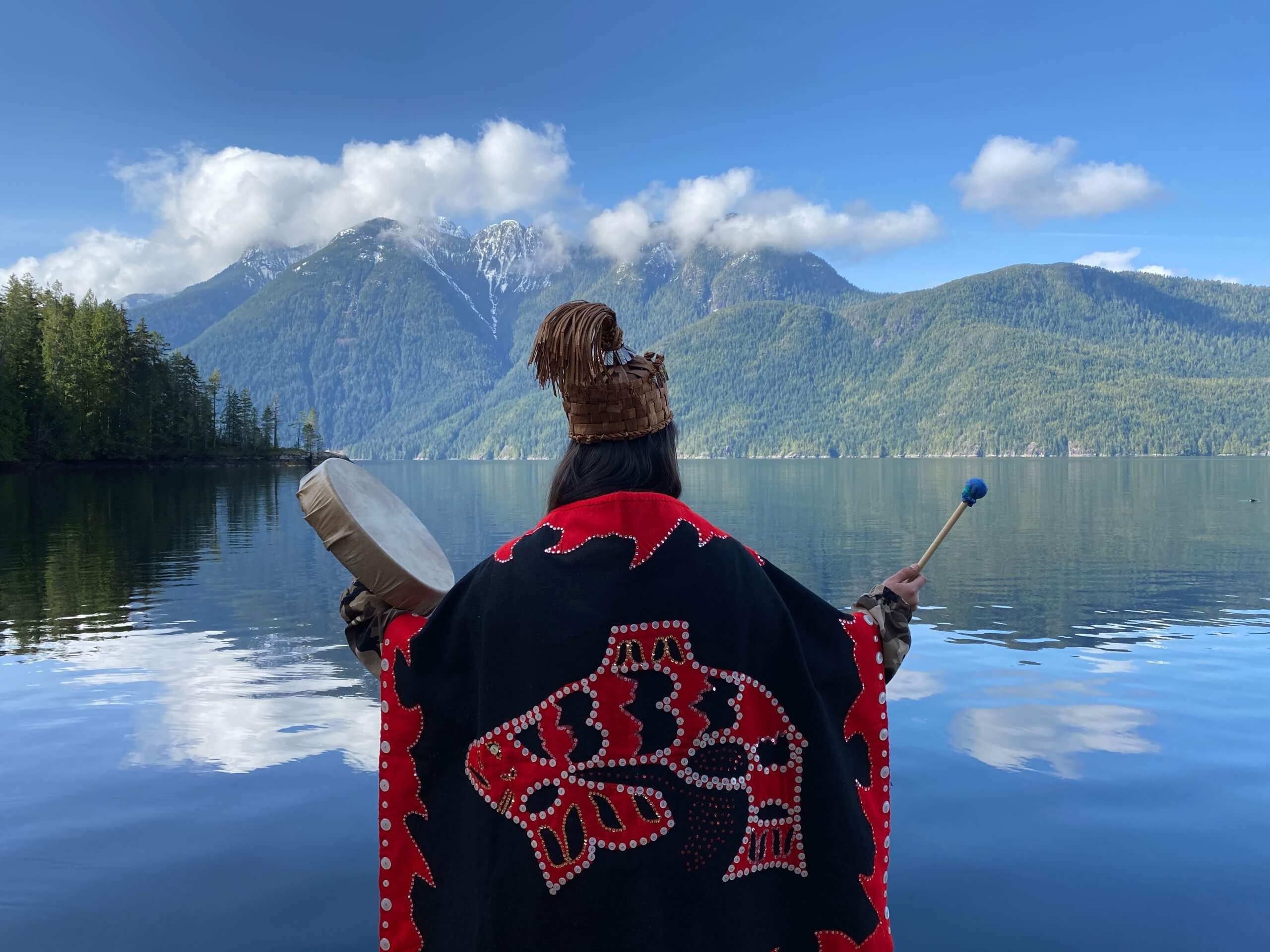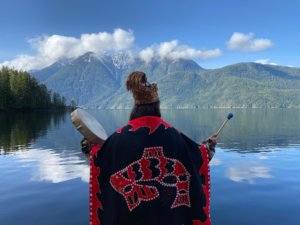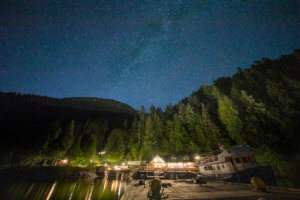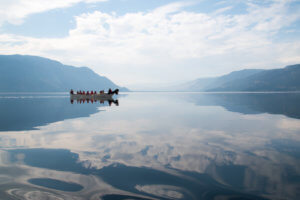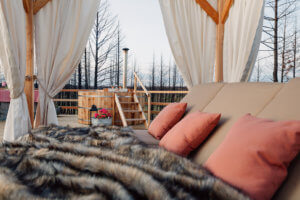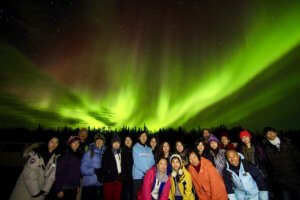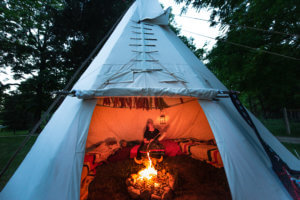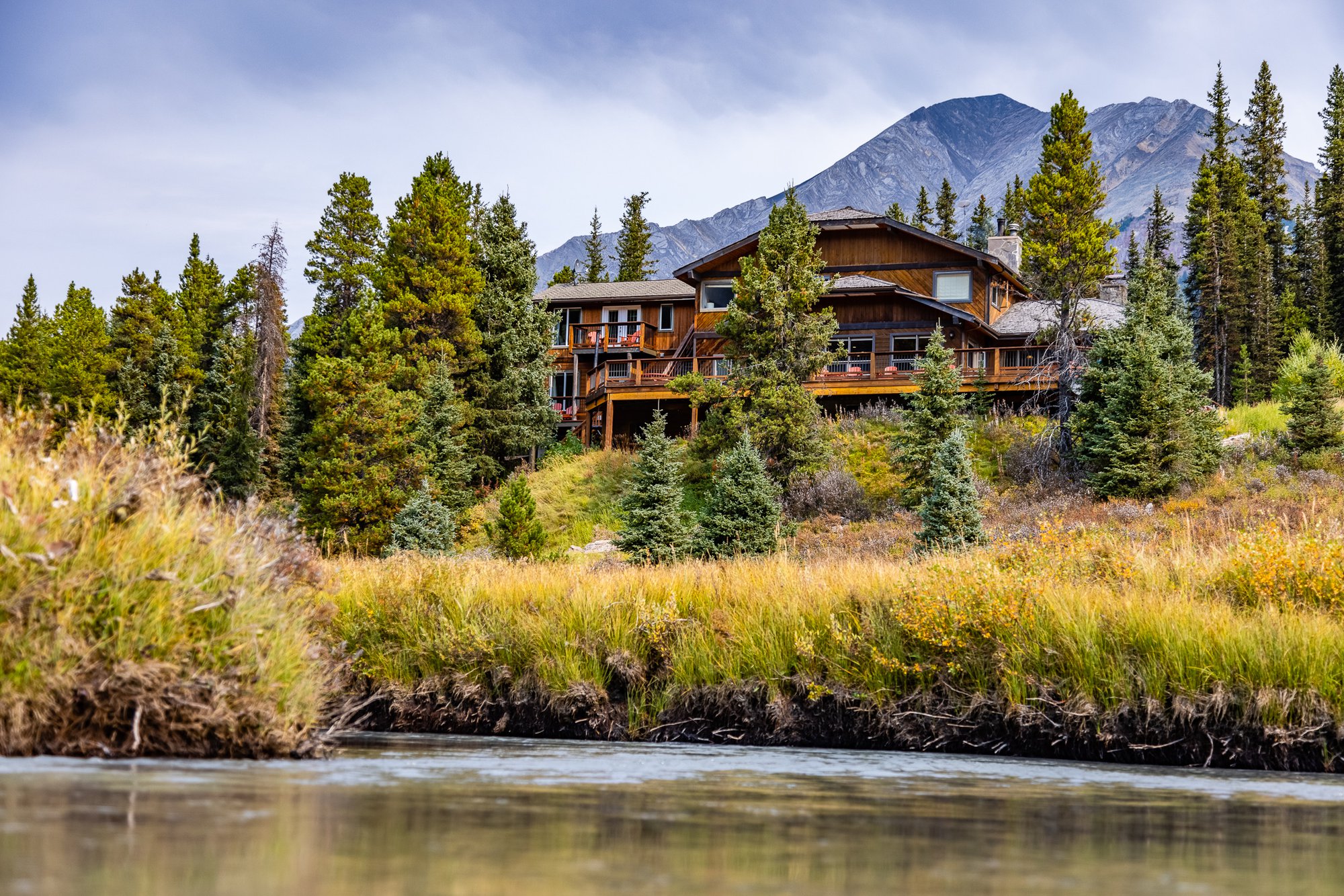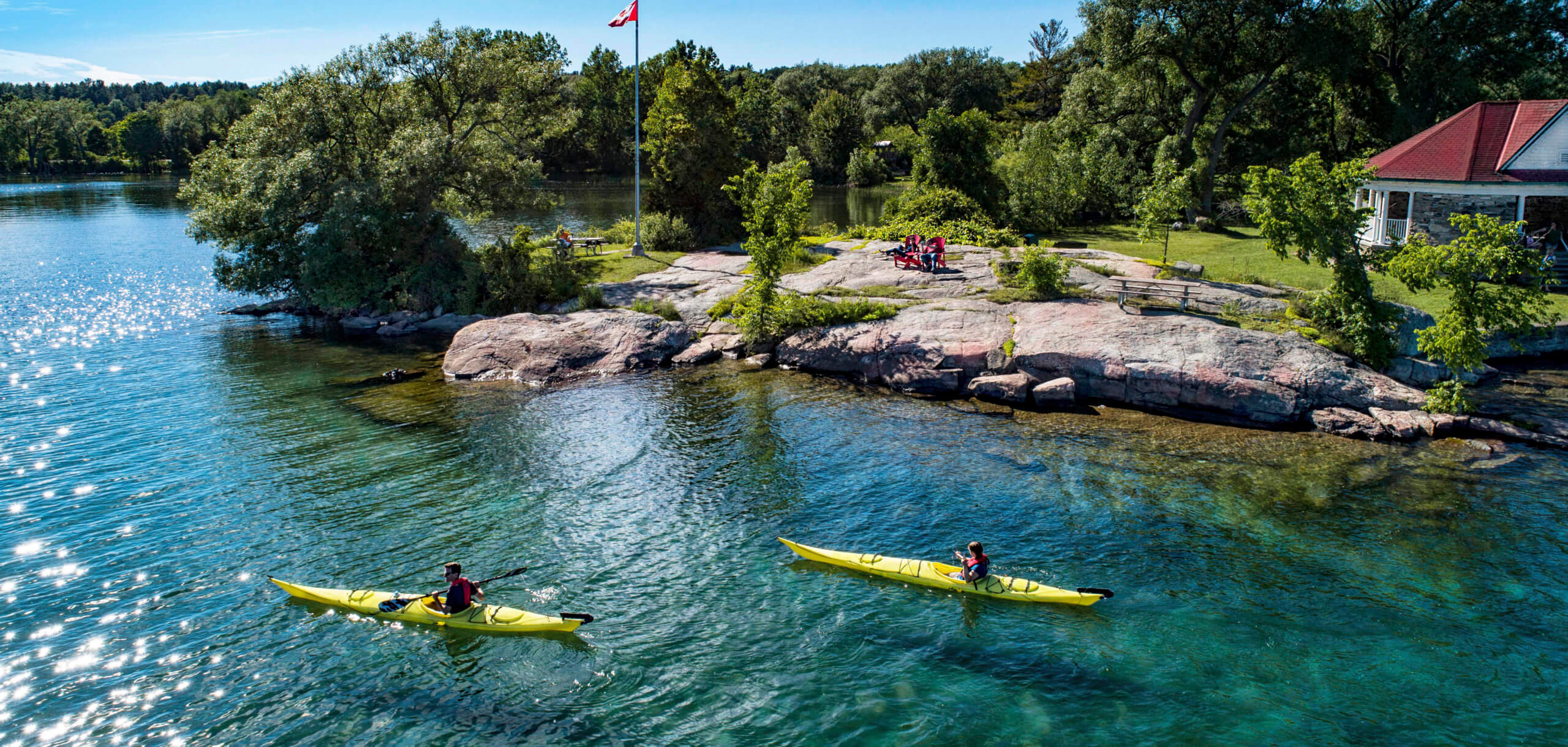Supporting Indigenous Communities Through Tourism
Located along British Columbia’s Sunshine Coast, surrounded by rainforests and the Coast Mountains, is Desolation Sound. It is a deep water sound sandwiched between Vancouver Island and mainland BC, at the northern end of the Salish Sea. For thousands of years, this breathtaking region has been home to the Klahoose First Nation.
Visitors can access parts of Desolation Sound through different tourism providers, but one of the best and most authentic ways to see the region’s beauty is an all-inclusive stay at the Klahoose Wilderness Resort, located in the Homfray Channel (or Thee chum mi yich, meaning ‘further back inside’ in the Klahoose language). Alongside outdoor pursuits like kayaking, hiking or wildlife viewing, this fully Indigenous-owned resort offers visitors something extra: an immersive, Indigenous cultural experience.
Growth of Indigenous Tourism
“I think Canadians are more and more keen to discover our culture and are interested in discovering who we are,” says Jason Picard-Binet, sales manager at the Indigenous Tourism Association of Canada (ITAC), an organization devoted to growing Indigenous tourism across the country.
The association runs an informative and comprehensive website called Destination Indigenous where Canadians can search for authentic experiences and learn more about Indigenous cultures.
While international travellers have long ago realized the value of Indigenous experiences when visiting Canada, domestic travellers are just catching up. After a devastating 18-months of losses and shutdowns due to the Covid-19 pandemic, the ITAC is working to get back to 2019 levels, which had 1,900 Indigenous-owned tourism businesses employing 40,000 people nationwide.
Opportunities to support and learn from Indigenous tourism businesses exist across Canada, in every province and territory. According to the ITAC, Canada is home to more than 700 distinct Indigenous cultures just waiting to be shared through immersive experiences and storytelling.
“In Canada, the term ‘Indigenous’ is an umbrella term that describes the original inhabitants of these lands and their descendants. First Nations are Peoples who have historically lived between the Atlantic and Pacific oceans, south of the Arctic. The Inuit have historically lived in Canada’s Far North. The Métis are descendants of the historical joining of First Nations Peoples and European settlers. Each group of Indigenous Peoples in Canada have their own rich and vibrant culture, largely influenced by the environment in which they traditionally lived.” (Destination Indigenous)
Jason says authenticity is the key and travellers have to be wary of cultural appropriation.
“First thing travellers have to be aware of is the authenticity of the product,” he says. “We want to make sure we are helping, supporting and creating jobs in Indigenous communities.” The ITAC vets all their experiences, making sure they are at least 51 per cent Indigenous owned, that they employ people from the community and that they have been reviewed by the Elder Circle to accurately reflect the community they represent.
Finding Authenticity
About 350 kilometres east of Desolation Sound, on the other side of the Coast Mountains, another Indigenous operator is providing an immersive experience for visitors to British Columbia’s Okanagan region, teaching visitors about history, culture and nature. In fact, British Columbia is a hot spot for Indigenous Tourism — although you will find good-quality tourism experiences from Indigenous operators all across Canada. Jason’s personal recommendation is the Hôtel-Musée Premières Nations, just 20 minutes northwest of Quebec City — a showcase of Indigenous cultures from his own community of Huron-Wendat First Nation.
“It is about more than just witnessing our culture,” Jason says of Indigenous Tourism. “It is about being part of the culture, walking in the same moccasins as Indigenous people, eating our food, discovering our land.”
For more authentic Indigenous experiences, check out the interactive map on Destination Indigenous or follow the links below:
Private Star Camp Experience in British Columbia
Aurora Viewing in Northwest Territories
Spirit Horse and Tipi Experience in Ontario

